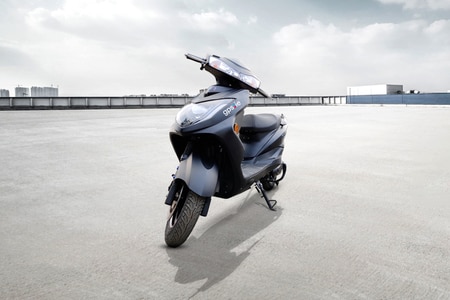In pandemic times, UK still sees 125% growth in registration of EVs in 2020
- The northwest and southwest regions of the country are reportedly adopting electric vehicles at a faster rate.


Almost every first world country has set goals to achieve full electrification. The UK too doesn't want to be left behind and has a target of full electrification by 2030. If data from 2020 is much to go by, the country may be on the right track.
According to a UK’s Driver and Vehicle Licensing Agency report, the number of people who registered for electric vehicles in the UK doubled in 2020 as compared to 2019. The numbers went from 80,578 to 181,090. Between the year 2018 to 2019, the growth of electric vehicle was slow-paced as demand increased only by 26%. However, by the end of 2020, it almost skyrocketed to 125%.
Also check these Vehicles
Also Read : Future at Ford is electric, billions at stake to roll out more EV models
According to reports, Yorkshire in the year 2019 registered most electric vehicles and it was closely followed by London. By 2020, the northwest and southwest regions of the country chose electric cars faster than any other regions and hence saw an increase of 293% and 237%, respectively, compared to 2019. The southwest region of the UK which saw a slow move towards the adoption of electric vehicles in 2019, went to secure the third spot to have the most number of EV registration in 2020 and now has the second most EVs in the country in total.
Also Read : EVs in the US to get cheaper as Senate panel advances tax credit. Details here
A previous Guardian's report also stated that one out of four households in the UK intended to buy an electric vehicle in the next five years. It informed that more than 6.5 million households plan to buy an electric vehicle or plug-in hybrid, based on research by an Ofgem report. However, Britain has a long way to go to achieve its 2030 full electrification goal as the infrastructure to attain this is still lagging. A National Audit Office report said that sales of electric cars and the installation of public charging points weren’t fast enough to meet the target and also added that the UK will need 400,000 public chargers by 2030, up from around 41,000 public connectors currently.








 3.1 kWh
3.1 kWh 60 km
60 km














